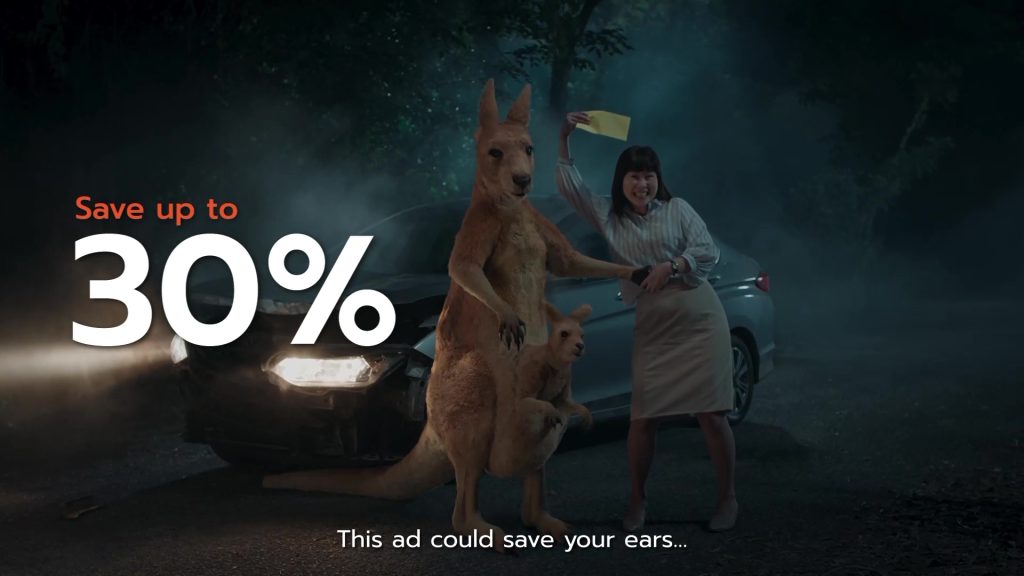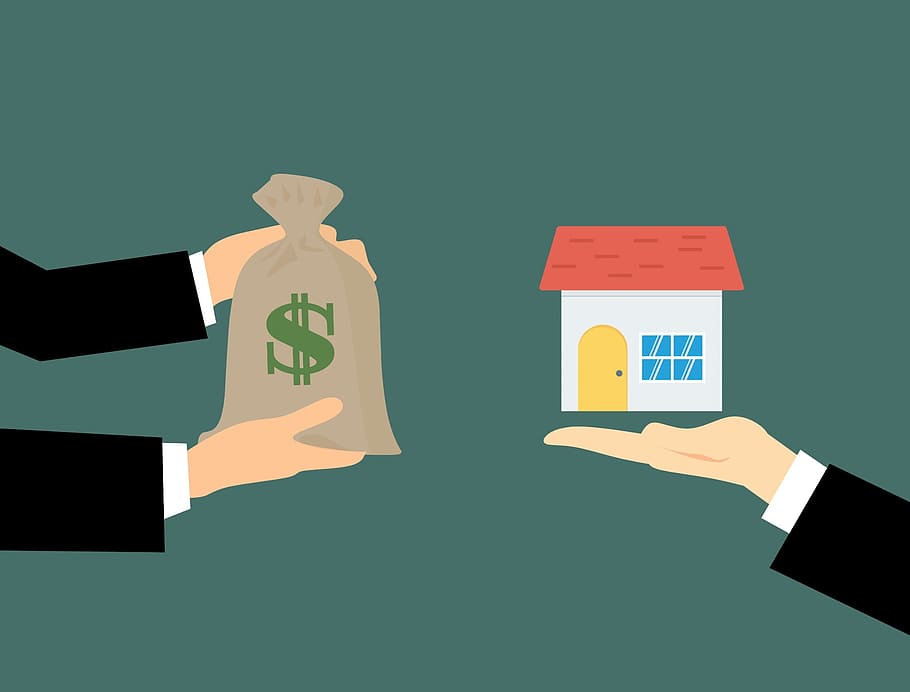Customer Retention Tactics for Insurance Agencies are crucial in today’s competitive landscape, where maintaining a loyal client base can significantly impact profitability. In a world where options are abundant, insurance agencies must implement effective strategies to keep their customers engaged and satisfied. This not only fosters long-term relationships but also enhances brand loyalty and encourages referrals.
Understanding the various tactics available, from personalized communications to loyalty programs, can empower agencies to proactively address client needs and preferences. By focusing on retention, insurance agencies can create a more stable revenue stream while navigating the challenges of the ever-evolving insurance market.
In today’s fast-paced world, the art of communication plays a pivotal role in both personal and professional realms. Whether you’re attending a business meeting, networking event, or simply catching up with friends, the ability to express yourself clearly and effectively can set you apart from the crowd. One key aspect of effective communication is choosing the right language style. Casual formal language strikes a balance between professionalism and approachability, making it an ideal choice for various situations.
This article will delve into the nuances of casual formal language, its importance, and how to master it for better interactions in your daily life.### Understanding Casual Formal LanguageCasual formal language is characterized by a friendly, relaxed tone while maintaining a level of professionalism. Unlike overly formal language, which can create distance and inhibit connection, casual formal language invites rapport and fosters a sense of ease.
For instance, instead of saying, “I would like to discuss the proposal with you at your earliest convenience,” you might say, “I’d love to chat about the proposal whenever you have a moment.” The latter is more approachable while still being respectful and clear about your intentions.### The Importance of Communication Style
1. Building Relationships
The way you communicate can significantly impact your relationships. Using casual formal language can help bridge gaps between different personalities and create a comfortable environment for discussion. It allows for a more relatable exchange while still respecting the context of the conversation.
2. Enhancing Clarity
Clarity is crucial in communication. Casual formal language helps convey your ideas effectively without the risk of sounding too stiff or overly casual. This clarity ensures that your message is understood and appreciated by your audience.
3. Reflecting Professionalism
While the tone is friendly, casual formal language still conveys professionalism. This balance is essential, especially in work environments where you want to maintain authority while being approachable. ### Tips for Mastering Casual Formal Language
1. Know Your Audience
The first step in adopting a casual formal tone is understanding your audience. Are you speaking to colleagues, clients, or friends? Tailoring your language to suit the preferences and expectations of your listeners will enhance your communication effectiveness.
2. Use Appropriate Vocabulary
![The Role of Customers in Marketing | Introduction to Business [Deprecated] Customer Retention Tactics for Insurance Agencies](https://investprosperhub.web.id/wp-content/uploads/2025/08/Role-of-Marketing-graphic-1.jpg)
Choose your words wisely. Avoid jargon unless you’re sure your audience will understand. Opt for straightforward language that conveys your message without unnecessary complexity.
3. Incorporate Humor Judiciously
A well-placed joke or light-hearted comment can ease tension and foster connection. However, be cautious with humor; it should align with the context and not offend anyone.
4. Be Authentic
Authenticity is key in communication. Let your personality shine through while maintaining professionalism. When you’re genuine, your audience is more likely to engage with you and respond positively.
5. Listen Actively
Communication is a two-way street. Engage with your audience by listening actively. This not only shows respect but also helps you respond appropriately in a casual formal manner.### Practical Examples of Casual Formal LanguageTo illustrate the concept further, here are some practical scenarios showcasing how to use casual formal language effectively:
In a Business Email
Instead of starting with “Dear Mr. Smith,” consider saying, “Hi John,” which is friendly and personable. Follow it up with a clear, concise message that respects his time.
During a Meeting
If you need to present an idea, frame it in a way that invites discussion. Instead of saying, “I propose we take this approach,” you could say, “I think this approach could work well, and I’d love to hear your thoughts on it.”
Networking Events
When introducing yourself, rather than delivering a stiff monologue, try, “Hi, I’m Alex. I work in marketing, and I’m passionate about connecting brands with their audiences. What about you?” This creates a conversational flow and encourages engagement.### The Role of Body LanguageWhile language is a crucial component of communication, body language also plays a significant role in conveying your message.
When using casual formal language, pair it with appropriate body language that reflects openness and approachability.
Maintain Eye Contact
Eye contact shows confidence and sincerity. It demonstrates that you are engaged in the conversation and value your audience’s perspective.
Use Open Gestures
Avoid crossing your arms or appearing closed off. Instead, use gestures that invite interaction, such as open hands or nodding in agreement.
Smile
A genuine smile can break barriers and create a welcoming atmosphere. It enhances your casual formal tone and encourages others to feel at ease.### Overcoming ChallengesAdopting a casual formal language style may pose challenges, especially if you’re used to more rigid forms of communication. Here are some strategies to overcome these barriers:
1. Practice
Like any skill, mastering casual formal language requires practice. Engage in conversations where you can experiment with this style, and pay attention to the responses you receive.
2. Seek Feedback
Don’t hesitate to ask for feedback from trusted colleagues or friends. They can provide insights into how your communication comes across and suggest areas for improvement.
3. Reflect on Conversations
After important interactions, take a moment to reflect on how you communicated. Consider what worked well and what could be improved for future encounters.### ConclusionIn conclusion, effective communication is a vital skill that can enhance your relationships and professional endeavors. By mastering casual formal language, you can strike the right balance between approachability and professionalism, making your interactions more meaningful and impactful.
Remember to know your audience, choose your words carefully, and be genuine in your approach. With practice and reflection, you can become proficient in casual formal language, paving the way for better communication and connection in all areas of your life. So, whether you’re at a networking event or just having a casual coffee chat, embrace this style and watch your conversations flourish.
Question & Answer Hub: Customer Retention Tactics For Insurance Agencies
What is customer retention in insurance agencies?
Customer retention in insurance agencies refers to strategies and practices aimed at keeping existing clients engaged and satisfied, ensuring they continue to renew their policies.
Why is customer retention important?
Customer retention is important because it costs less to retain existing clients than to acquire new ones, and loyal customers are more likely to purchase additional services and refer others.
What are some effective customer retention strategies?
Effective strategies include personalized communication, loyalty programs, regular check-ins, and providing excellent customer service.
How can technology help in customer retention?
Technology can help by automating customer interactions, analyzing data for personalized marketing, and facilitating efficient communication through various channels.
What role does customer feedback play in retention?
Customer feedback is crucial as it helps agencies understand client needs and areas for improvement, enabling them to adapt their services to enhance satisfaction and loyalty.






